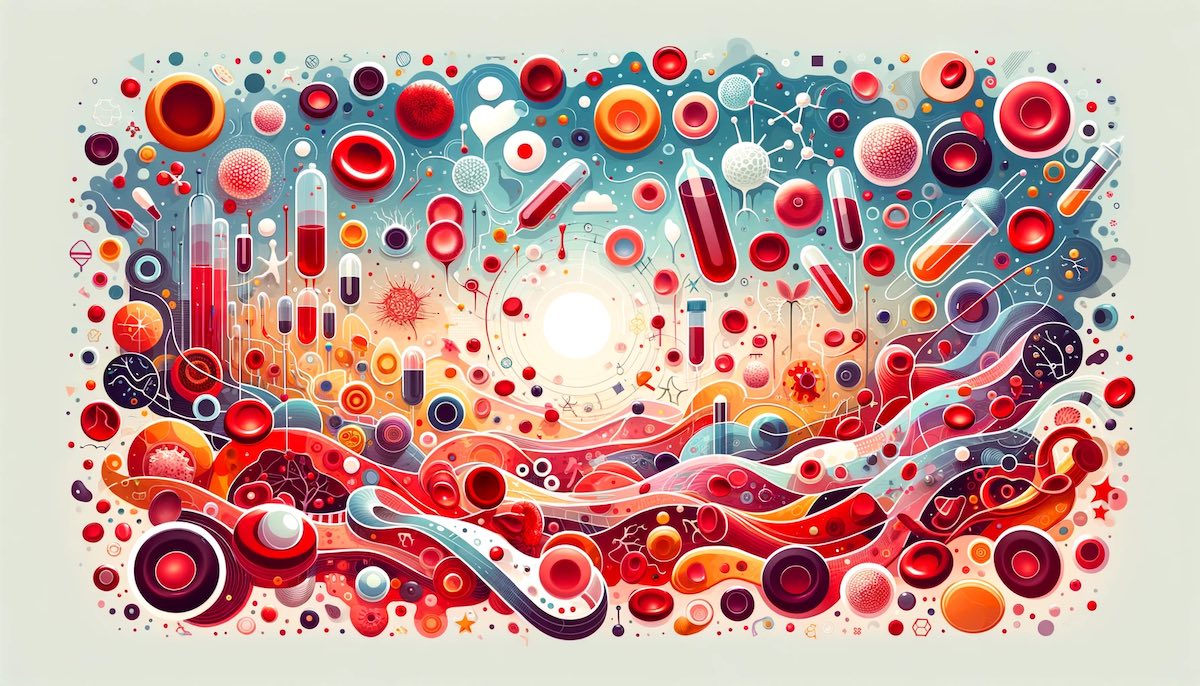Hematology: Exploring the Vital Science of Blood

Hematology is the branch of medicine concerned with the study, diagnosis, treatment, and prevention of diseases related to blood. This article provides a comprehensive overview of hematology, its importance in healthcare, common blood disorders, and the latest advancements in the field.
Understanding Hematology
Hematology encompasses the study of blood, blood-forming organs, and blood diseases. It covers various aspects including the physiology of blood, blood cell production, hemostasis (blood clotting), and blood disorders.
The Role of Hematologists
Hematologists are specialized doctors who diagnose and treat blood disorders. They work on conditions ranging from anemia and clotting disorders to blood cancers like leukemia and lymphoma. Their expertise is crucial in managing these complex diseases.
Common Blood Disorders
- Anemia: A condition characterized by a lack of healthy red blood cells, leading to fatigue and weakness.
- Hemophilia: A genetic disorder that affects the blood’s ability to clot.
- Leukemia: Cancer of the body’s blood-forming tissues, including the bone marrow and the lymphatic system.
- Lymphoma: A type of cancer that affects the lymphatic system.
- Thalassemia: A genetic blood disorder causing the body to produce an abnormal form of hemoglobin, the protein in red blood cells that carries oxygen.
Diagnostic Methods in Hematology
Hematology relies on various diagnostic tools:
- Complete Blood Count (CBC): A common blood test to assess overall health and detect a range of disorders.
- Bone Marrow Biopsy: Essential for diagnosing certain types of blood cancers.
- Blood Clotting Tests: To evaluate bleeding and clotting disorders.
Treatment Approaches
Treatment in hematology varies based on the specific condition and can include:
- Medication: To treat conditions like anemia or clotting disorders.
- Blood Transfusions: For conditions causing low blood counts.
- Bone Marrow Transplant: Used in certain blood cancers.
- Chemotherapy and Radiation Therapy: Common in treating blood cancers.
Advances in Hematology
The field of hematology is rapidly evolving with advances in genetics, molecular biology, and immunology contributing to more effective treatments. Targeted therapies and precision medicine are playing an increasing role in treating blood cancers.
Get a Medical Opinion
Fill out the form and we will contact you shortly.
The Importance of Hematology Research
Ongoing research in hematology is crucial for understanding blood disorders at a molecular level, leading to innovative treatments and improved patient outcomes.
Frequently Asked Questions About Hematology
A hematologist specializes in diagnosing and treating blood disorders, including blood cancers, anemia, clotting disorders, and other conditions related to blood and its components.
The most common blood tests include the Complete Blood Count (CBC), which evaluates the overall health of your blood, and blood clotting tests, which assess your blood’s ability to clot.
The main types of blood cancers include leukemia, lymphoma, and myeloma. These cancers typically affect the blood cells and bone marrow.
Yes, some blood disorders, such as hemophilia and thalassemia, are inherited and caused by genetic mutations passed down from parents to children.
Treatment depends on the specific disorder and can range from dietary changes and supplements for conditions like anemia, to medication, chemotherapy, radiation therapy, or bone marrow transplants for more severe disorders like blood cancers.
While some blood disorders are genetic and cannot be prevented, maintaining a healthy lifestyle including a balanced diet, regular exercise, and avoiding smoking can help keep your blood healthy.
Conclusion
Hematology is a vital medical specialty, with hematologists playing a critical role in diagnosing and treating blood disorders. Advances in this field continue to improve the quality of life for patients with various blood-related conditions.
Contact Information
- WhatsApp: +90 541 469 11 94
- Email: [email protected]
We connect you with top medical specialists and provide comprehensive support to optimize your healthcare decisions. Empowering you to make informed choices for
Get a Medical Opinion
Fill out the form and we will contact you shortly.